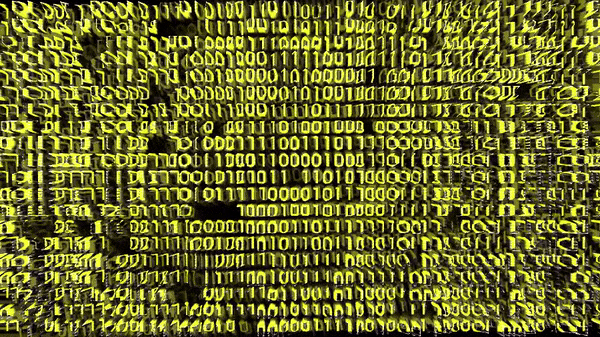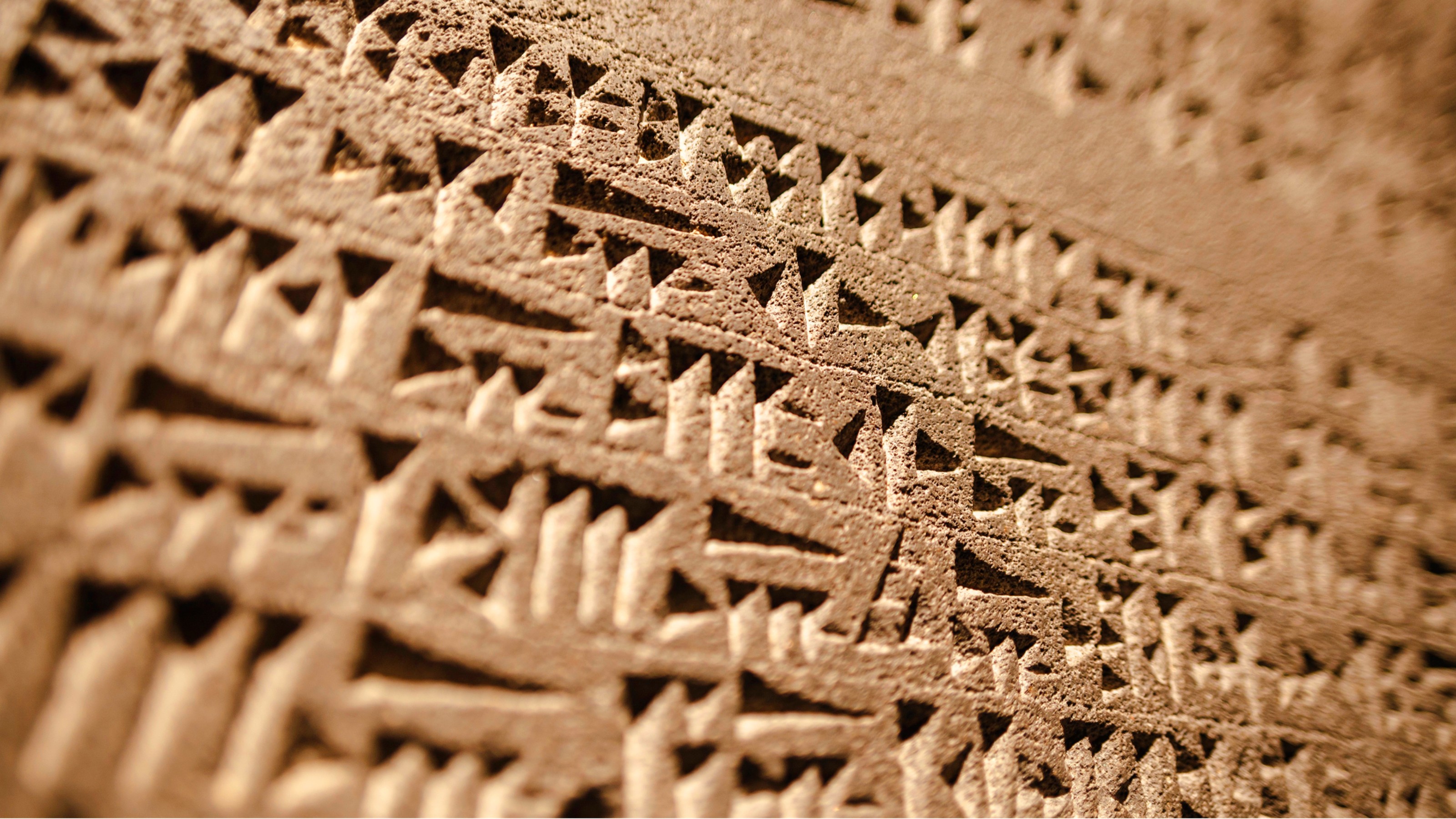How AI helped write a new novel

Each chapter in Mauro Javier Cárdenas’ latest novel American Abductions is a single sentence careening its way through a mashup of dialogue, pop culture references, political allusions, social media, jokes, and wordplay, as well as observations and theories scientific, spiritual, and conspiratorial.
In other words, it’s composed of the ephemera that make up our everyday lives, but compressed into an inexorable torrent of information, as though we the readers were AI algorithms, barraged with humanity’s endless discharge of data, and tasked with making sense of it all. The allusion to artificial intelligence is not incidental: The technology not only plays a key role in the novel’s headlong narrative, but Cárdenas also directly leveraged AI in the creation of the book.
Born and raised in Ecuador and educated in economics at Stanford, Cárdenas works with AI in his day job, overseeing teams of cybersecurity scientists for a large financial institution. His previous two novels, The Revolutionaries Try Again and Aphasia, both received underground acclaim for their avant garde explorations of immigration, the influence of pop culture on our lives, and the struggle of the individual amidst intrusive governmental forces beyond their control—themes that pop up again in his newest work.
Cárdenas sees AI as an opportunity for authors to build their craft rather than as a threat.
American Abductions explores a near-future United States in which AIs are being trained to monitor the population with the intention of locating and deporting Latin American immigrants. Much of the book’s action follows a Colombian-American father named Antonio and his American-born daughters Ada and Eva, who are haunted by a viral video of Antonio’s arrest and resulting deportation. Antonio, now dying in Bogotá, has meanwhile become fixated on building a database of abduction stories that highlight the surreal yet quotidian nature of the emerging surveillance state.
AI is not only central to the story but played a role in its writing. According to Cárdenas, he didn’t plan on using AI in his process, but once he decided to equip his character Ada with a talking car that speaks in lines reminiscent of the short stories from renowned British-Mexican surrealist Leonora Carrington, he ran into a question: “How would I program a car to talk like Carrington, pre-ChatGPT?”
In 2018, Cárdenas trained a real Natural Language Processing dataset using Carrington’s uniquely weird prose. Commonly known as an “NLP,” this is the type of AI that allows computers to understand and generate human language. To train his AI on Carrington’s work, he emphasizes, he received permission from the Carrington estate, who requested only that they be allowed to review the final output. The resulting material appears in the “Debugging” chapter of American Abductions as well as whenever we hear from Ada’s talking car.
This sort of literary harvesting has become a hot-button issue among writers, as thousands were surprised to learn that their books were used—unbeknownst to them—to train similar datasets. Works pillaged for this purpose came from bestsellers by George R.R. Martin, John Grisham, Jodi Picoult, and Jonathan Franzen, who have sued OpenAI out of the fear that AI will use the stolen material to create the fiction of the future, putting human novelists out of business.
But Cárdenas sees AI as an opportunity for authors to build their craft rather than as a threat. “These types of tools will provide welcome challenges to writers who care more about literature than profit,” he says, arguing that it can be a means of inspiring greater novelty. Researchers exploring the crossover between AI and prose have already found evidence that collaboration between writer and technology can deliver exciting results.
Cárdenas himself, for example, says he may train a Large Language Model dataset on his own writing, then “start using LLMs to assess how similar my new sentences are to previous sentences. I can see myself enforcing formal constraints in which any sentence of mine that has a score greater than X has to be re-written until the score is less than X.”
It reads at times like an almost alien text: a transcript from the memory banks of some inorganic species.
In the case of his American Abductions, his narrative and constructive use of AI have already pushed his writing into new, singularly weird realms. While Cárdenas is no stranger to deeply postmodernist sentence structure—both of his previous novels roll out in similarly breathless contrapuntal, period-impoverished eruptions—his latest offering reads at times like an almost alien text: a transcript from the memory banks of some inorganic species monitoring humankind from afar.
In content and form, Cárdenas’ work suggests that artificial intelligence is a Janus-faced companion, the full expression of which humanity has yet to discern. On the one hand, AI has already become emotionally intertwined with our lives, whether in the form of Leonora Carrington-talking cars or kids asking Alexa for jokes.
On the other, it is equipped with the cool detachment necessary to perform inhuman tasks, whether creative or monstrous. The very tech that we use to make sure our kids are safe can be used to facilitate genocide. Such dualism isn’t science fiction. In the 1990s, IBM computers were employed for video games, but a half century earlier, IBM computer prototypes were used by the Nazis to increase death camp efficiency through automated data sorting and people counting and identification.
This comparison may seem extreme, but it is exactly what Cárdenas summons in his most recent book. One character, the “Racist in Chief,” enforces a “rate of capture per day” of immigrants amidst a rising tide of tech-facilitated fascism, leaving behind a “Purgatory of Dreamers,” a nod to the DREAMers—those brought to the U.S. as children without documentation who live in immigration limbo even though they have no real connection to their home countries. American Abductions may read like it was written by some remote robotic intelligence, but it explores issues that are increasingly urgent in our everyday lives. The style is experimental and detached, but the core concerns are very personal and human.
Cárdenas’ use and exploration of AI stands as a challenge to both writers and readers. AI is here and already inseparably bound to our lives, so now the question is how will we use it?
This article originally appeared on Nautilus, a science and culture magazine for curious readers. Sign up for the Nautilus newsletter.





